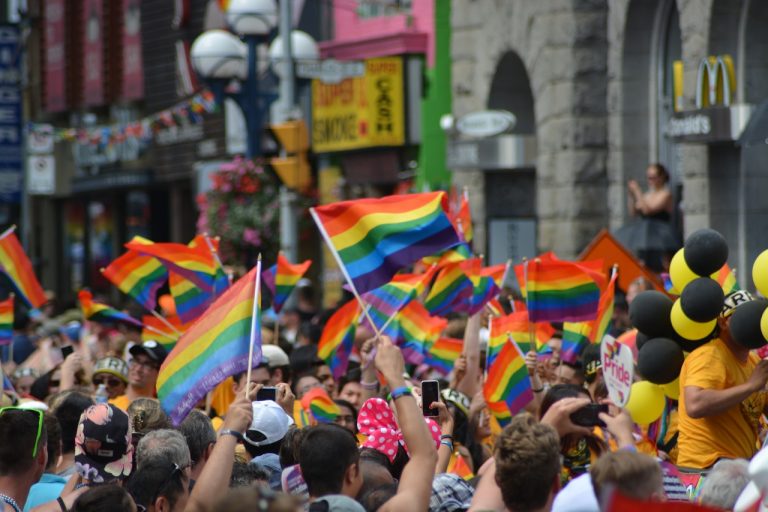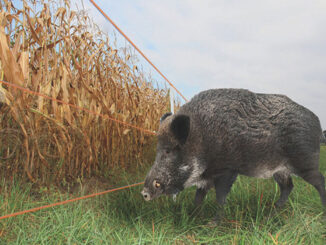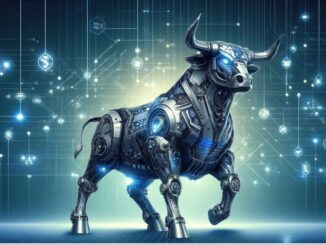
Topics covered
In the history of mankind there have been some great leaders who have fought for human rights. They gave up their lives to make our world a better place to live. Here are some of the great leaders who are worth mentioning for their contribution to humanity.
Mahatma Gandhi – “What Is Possible for One Person Is Possible for All”
Mohandas Karamchand Gandhi (1869 to 1948) was born as a simple civil servant’s son. His absolute trust in people and humanity earned him the name Mahatma – great soul.
With his life he proved that non-violence is possible. His rejection of violence was uncompromising. His weapons were self-discipline, deep respect for people and the courage to disobey civil law.
As a young legal adviser in South Africa, he had his first personal experience with discrimination: he was expelled from a train as a coloured man and found himself alone in a lonely train station at night. There began his struggle for equality and the liberation of India from British colonial rule. His goal was a peaceful coexistence of all people in an atmosphere of mutual respect.
Gandhi refused consumerism and dressed himself in self-woven cloaks. In his most spectacular action, he marched with almost 80 followers from the interior to the sea, where he symbolically picked up a few grains of salt. With this salt march, Gandhi wanted to demonstrate against the British salt monopoly and set a signal against India’s dependence.
He always invented new forms of non-violent resistance, which are still exemplary today. Together with his wife Kasturbai and his children, he lived among the ordinary people of India, giving them pride, dignity and a voice. He has shown that courageous action without violence can be more powerful than the use of clubs, bullets or rockets. At the age of 78, Gandhi was shot by a radical Hindu.
Martin Luther King – “Love Must Be Our Decisive Ideal”
The American Baptist pastor is probably the best known fighter against the oppression of African Americans and for social justice. Martin Luther King (1929-1968) hesitated and prayed for a long time before taking over the leadership of the black protest actions. His wife had just given birth to her daughter Yolanda and black leaders had been murdered more than once. In the southern states of the USA, the racist “Ku Klux Klan” spread fear and terror, maltreated and tortured the black population. Discriminatory laws intensified the suffering.
After the courageous action of seamstress Rosa Parks, who refused to evacuate her bus seat for a white man, the time was ripe for change. One of the most successful human rights movements in history emerged with the young pastor Martin Luther King at the helm. He had a dream: “My four children will one day live in a nation where they will not be judged by the color of their skin but by their personality.”
Martin Luther King wanted to build a society filled with true love. There were huge demonstrations of white and black Americans together, the whole world supported the struggle for equality. Finally, discriminatory laws were abolished and the black population freed itself from the role of the oppressed. Martin Luther King was shot by the racist James Earl Ray in Memphis on April 4, 1968.
Nelson Mandela – “Freedom and Human Rights for All People”
The leader of the movement against apartheid in South Africa was deprived of his freedom for 28 years of his life. Racial segregation was the official policy of the white minority government in South Africa. Black South Africans were consistently excluded. They were said to be inherently less valuable than Europeans. In prison, Nelson Mandela (born 1918) changed his own consciousness and relied not on hatred but on love for all people, whether black or white.
In 1990 Mandela was released from prison after prolonged protests from all over the world. Together with the then President Willem de Clerk, Nelson Mandela was awarded the Nobel Peace Prize in 1993. In the first free elections in 1994, he was elected South Africa’s first black president.
This was followed by an unprecedented reappraisal of racial segregation. The aim of the so-called Truth Commission was to uncover and reconcile the crimes of apartheid on both sides. Freedom won in South Africa. Even after his withdrawal from active politics in 1999, Nelson Mandela remained a living symbol of hope. On 5 December 2013, Mandela died in Johannesburg at the age of 95.





Leave a Reply